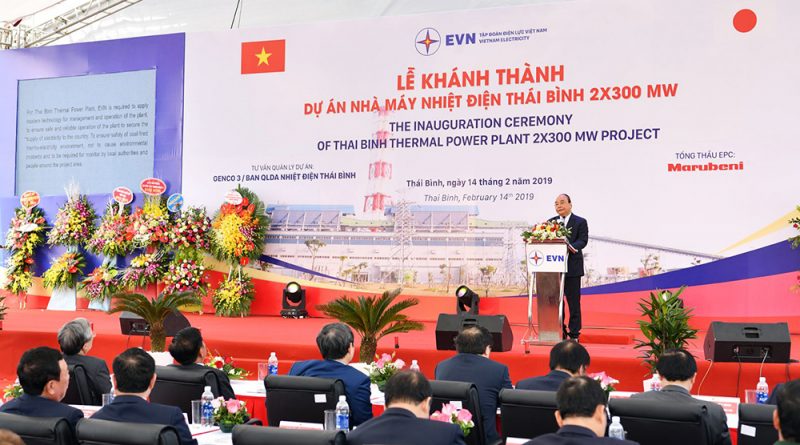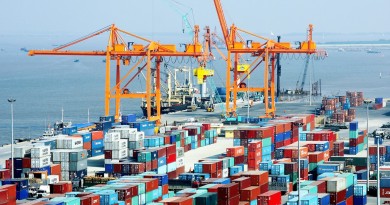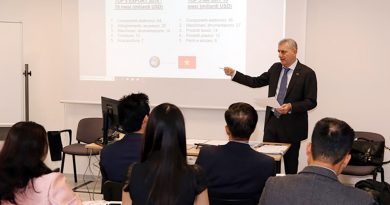Vietnam encourages private investment in power sector
Vietnam is in need of capital for the power sector which requires roughly US$10 billion annually through 2030.
The Vietnamese government is helping out non-state investors to invest in the power sector amid rising consumption for economic growth, Prime Minister Nguyen Xuan Phuc said on February 14.
The Ministry of Industry and Trade, the Commission for the Management of State Capital at Enterprises (CMSC), and Electricity of Vietnam (EVN) need to continue mobilizing capital for power projects, mostly prompting private investment, the PM said at the inauguration ceremony of the 600-MW Thai Binh 1 Thermal Power project.
Phuc’s statement indicates that Vietnam is in need of capital for the power sector which requires roughly US$10 billion annually through 2030.
Private capital has become an indispensable option for Vietnam in the context of public debts reaching the ceiling and double-digit growth in energy demand. As a result, the country needs to call for flows of domestic and cross-border private capital into the energy sector, the World Bank said in a report released last month.
Coal-fired power and concerns
Thai Binh 1 Coal-fired Power Plant, located in the northern province of Thai Binh, is put into operations in the context that Vietnam is intensifying the generation of thermal energy to feed its fast growth.
With an investment of US$1.27 billion from the Japanese official development assistance (ODA), the plant is designed to generate between 3.6 and 3.9 billion kWh/year.
With this plant, the number of coal-fired power plants hits 29 with total capacity of 18,600 MW, making up 38% of the country’s total capacity.
At present, Vietnam’s total power capacity reaches 48,000 MW, ranking second in Southeast Asia and 31st in the world. The country’s consumption increases on average 10%-11% annually.
To ensure enough electricity for the economic growth, Vietnam has focused on hydropower and thermal power while trying to tap potential of renewables like solar and wind. However, the ratio of coal-fired power has risen over the past years. The ratio might hit 53% by 2030.
Foreign experts, including the World Bank Country Director for Vietnam Ousmane Dione and Ambassador – Head of Delegation of the European Union to Vietnam Bruno Angelet, have warned the country of long-term impacts on the environment from coal fuelled power plants, noting that Vietnam should not barter sustainable environment for temporary economic benefits.
Source: hanoitimes.vn





